Sony ZV-E10 is an affordable vlogging and streaming camera for YouTubers
Old hardware, but with lots of new tricks
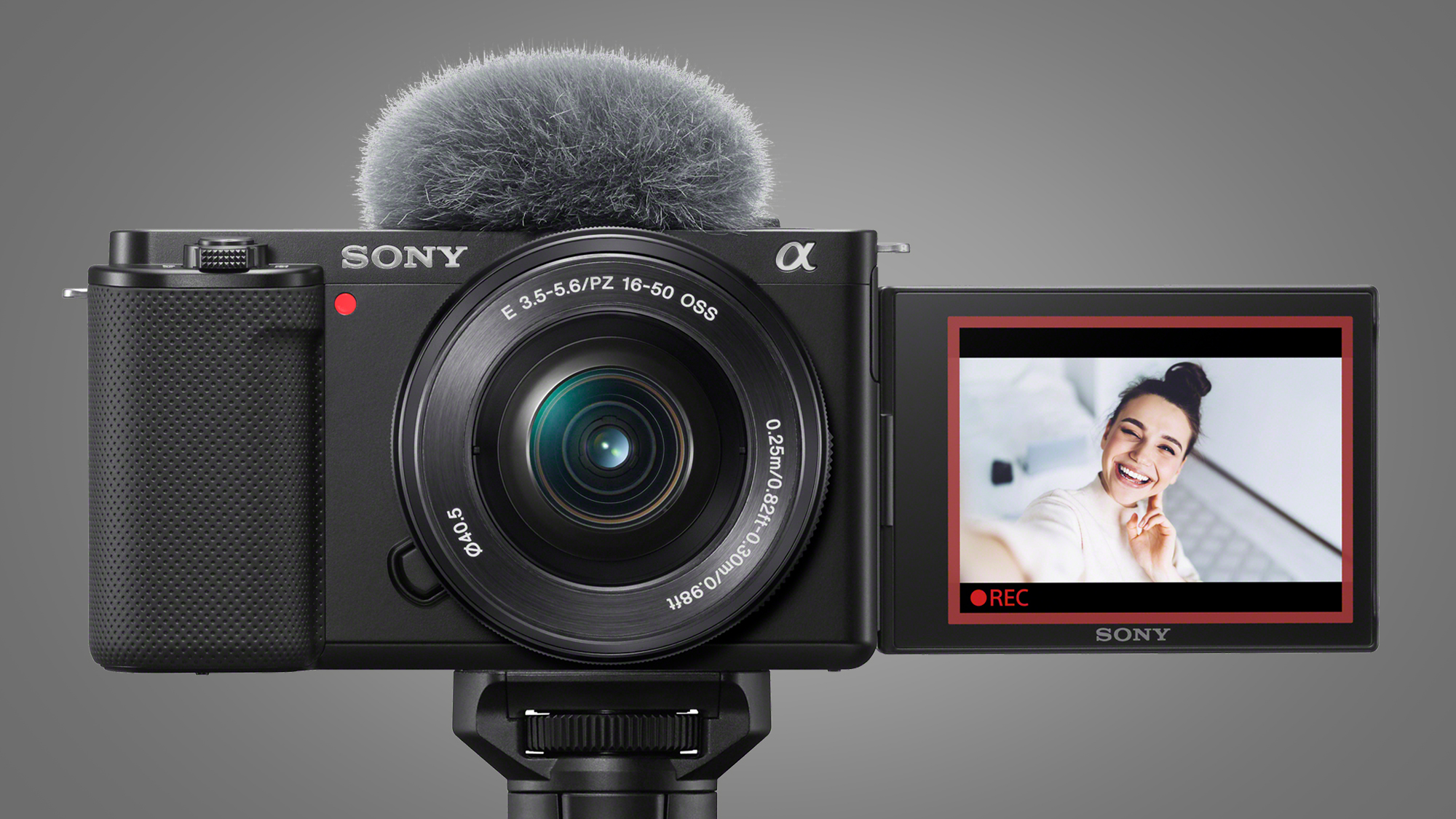
The Sony ZV-E10 vlogging camera has finally arrived after its postponed launch a few weeks ago – and for YouTubers who need an affordable video workhorse, it's likely been worth the wait. (Want to skip to our in-depth thoughts? Head to our full Sony ZV-E10 review).
The ZV-E10 sits in between the Sony ZV-1 (the best compact vlogging camera you can buy) and the more photography-focused Sony A6100. Like the ZV-1, it lacks a built-in viewfinder, instead offering a fully articulating screen for framing your shots. But otherwise, it's effectively a video-focused twist on the A6100, as it's built around the same 24.2MP APS-C sensor.
The Sony A6100 came out in 2019, so you're not getting absolutely cutting-edge hardware – which explains the ZV-E10's comparatively affordable body-only price tag of $700 / £680 / AU$1,249). But Sony has stuffed some handy software features in there, including live-streaming skills to help it rival the Panasonic GH5 Mark II.
- These are the best vlogging cameras you can buy right now
- Or check out our guide to the best YouTube cameras
- Read our in-depth Sony ZV-E10 review
The ZV-E10 shoots 4K video (oversampled from 6K) at up to 30fps, though it sadly doesn't offer a 4K/60p mode for those who like to slow down their footage for cut-scenes. Still, you do get some of Sony's latest autofocus smarts, including Real-time Tracking and Real-time Eye AF. These allow it to track a person around the frame and automatically keep them in focus.
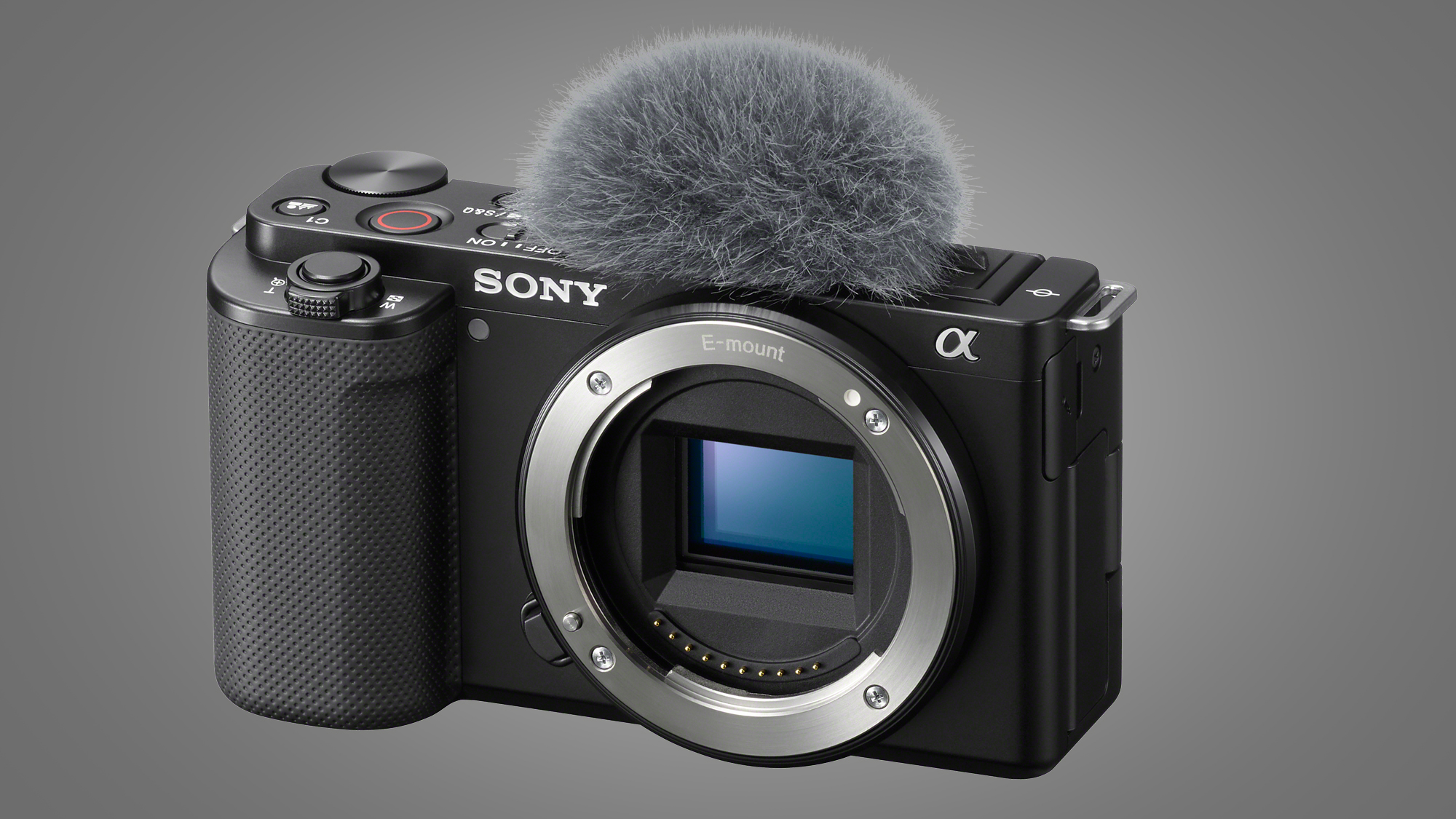
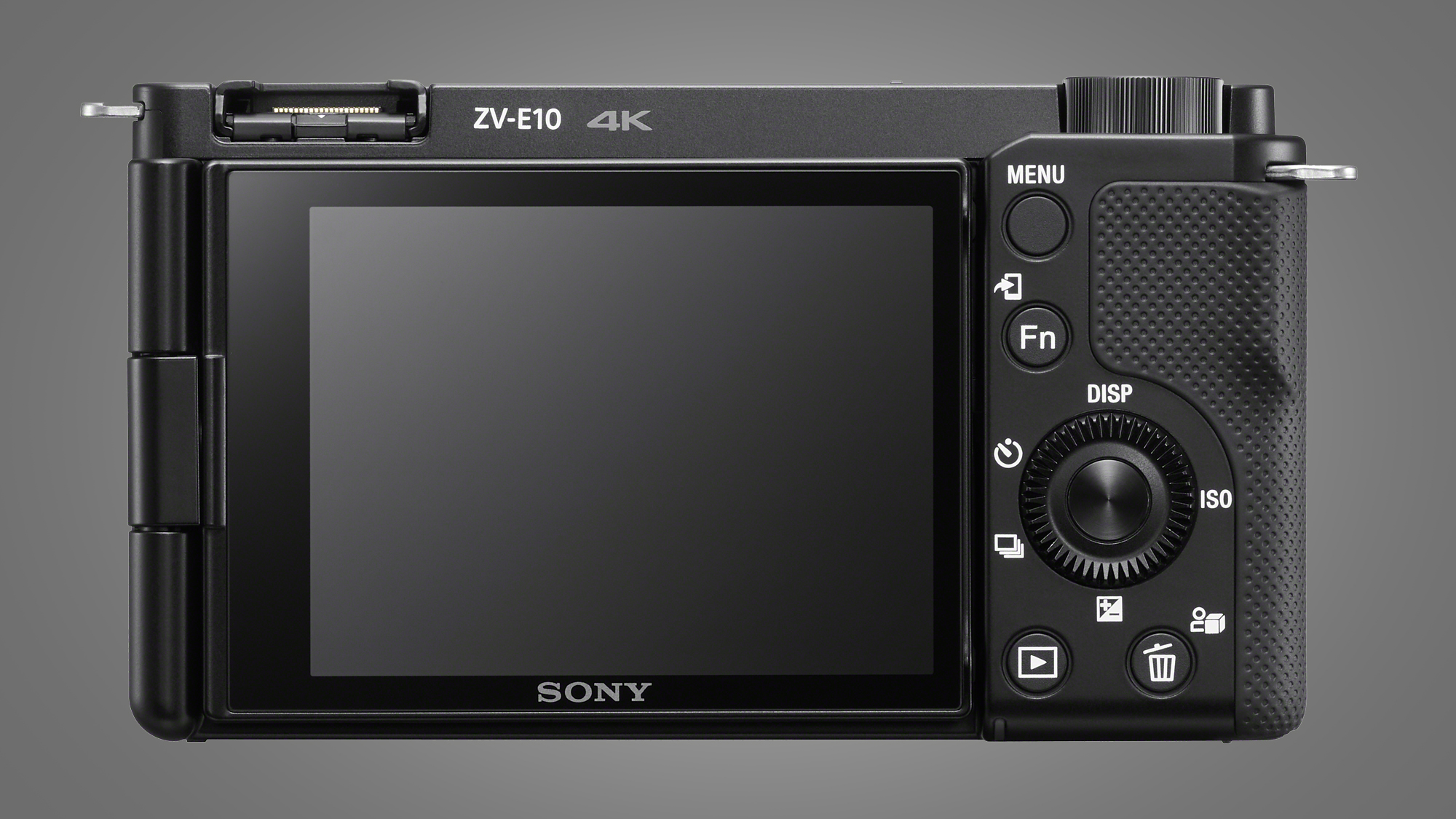
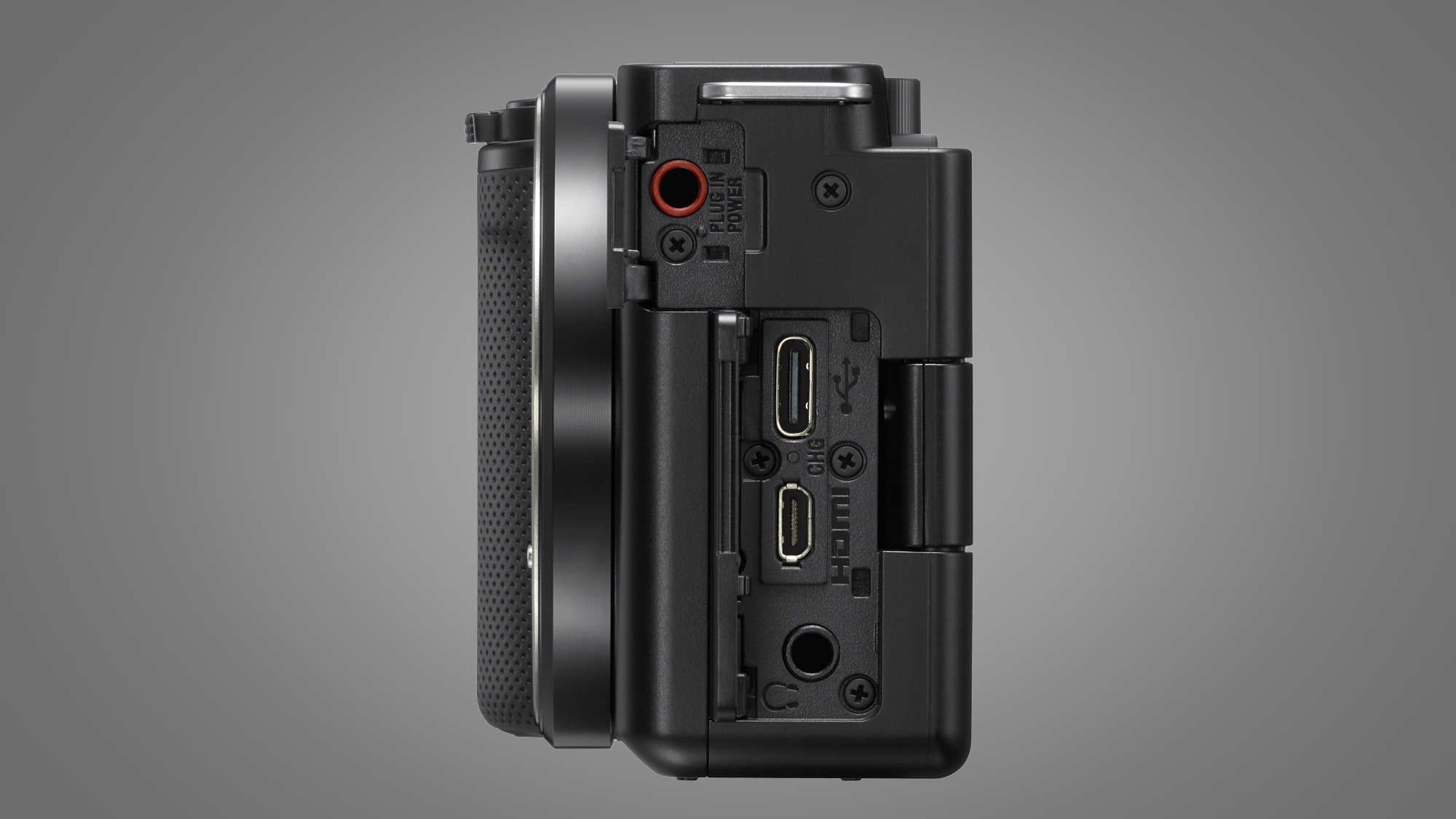
Unlike the Sony A6100, you also get a range of ports for boosting the audio quality of your videos, including a mic input and a headphone output for monitoring the sound. While the built-in three-capsule mic, which we also saw on the Sony ZV-1, is certainly decent as a backup audio option, you'll likely want to plug an external microphone into either that 3.5mm mic input or the ZV-E10's Multi-Interface hotshoe.
Perhaps the most interesting feature of the Sony ZV-E10, particularly for those who like to do live broadcasts on YouTube or Twitch, is its live-streaming powers. Because it uses the UVC/UAC (USB Video Class) protocol, you don't need a video capture card for streaming – just plug it in via USB and it'll appear as a standard video source like a webcam. This means you can also use it as a high-quality camera for your Zoom or Google Meet video chats.
Verdict: old dog with new video tricks
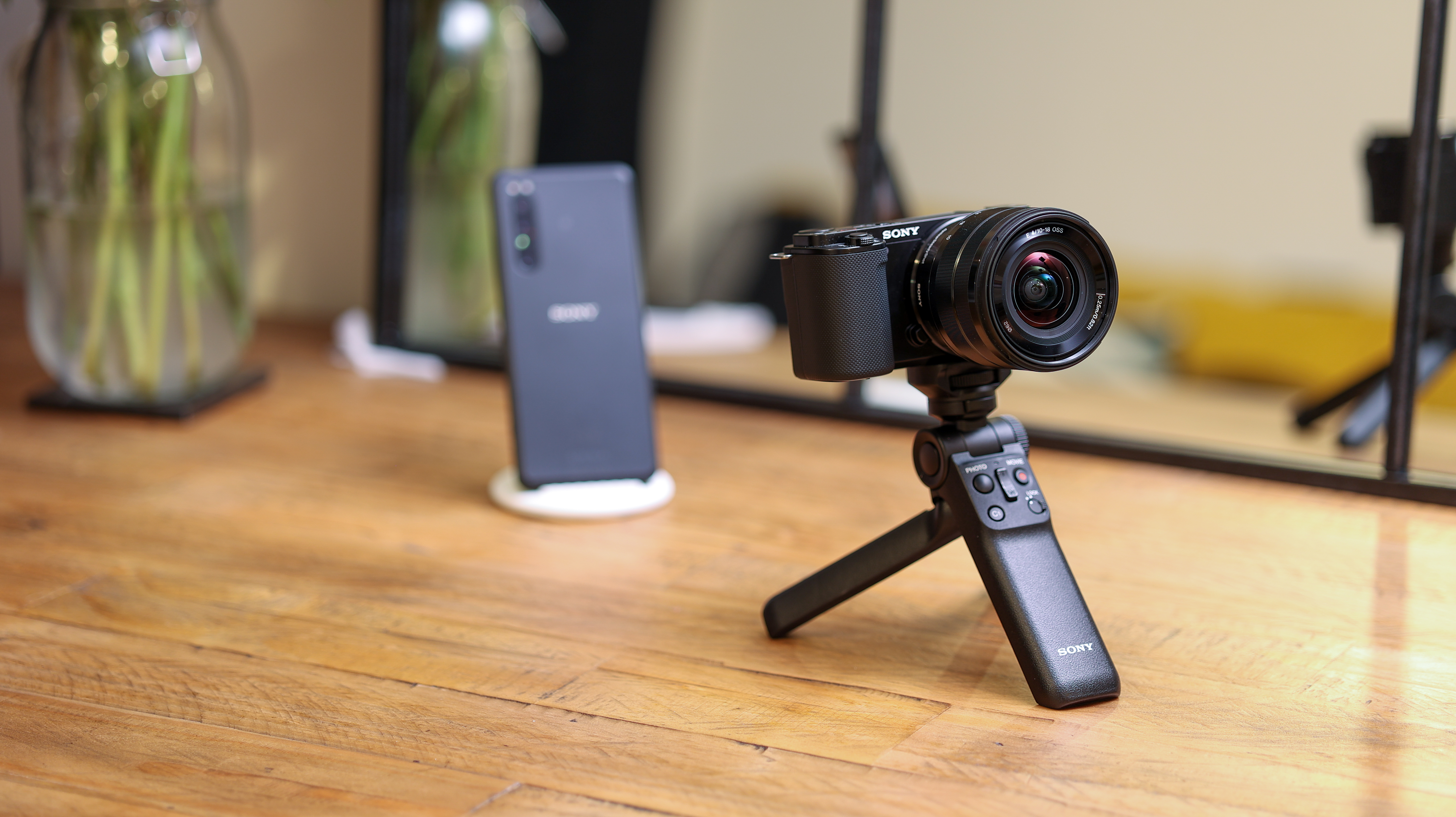
In our Sony ZV-E10 review, we've praised the vlogging camera's all-round talents, while highlighting the limitations that its price tag and reliance on older hardware bring.
Get daily insight, inspiration and deals in your inbox
Sign up for breaking news, reviews, opinion, top tech deals, and more.
The three main issues we found with the ZV-E10 are its lack of a touch-optimized menu system (which means using the four-way wheel to change some settings), the absence of a 4K/60p mode, and the significant rolling shutter while panning. Rolling shutter is mainly caused by slow sensor read-out, which can give your footage a 'jello' effect or distort straight lines when you quickly move the camera across a scene.
This isn't an issue for those who mostly shoot in a studio or on a tripod. But anyone who wants to shoot fast-action scenes with lots of panning would likely be better off looking at an alternative like the Panasonic GH5 Mark II or, at the higher-end, the Sony A7S III.
Otherwise, the Sony ZV-E10 is likely to be a popular new mid-range choice for video shooters, and deservedly so. It combines a lot of the features you'd look for in a vlogging camera – an articulating screen, good audio options, excellent autofocus and handy software features like its 'Product Showcase' mode for YouTubers – at a competitive price.
Perhaps the only other feature we'd like to have seen is in-body image stabilization (IBIS), but that's unusual at this price point. Anyone who needs that extra bit of stability when taking hand-held photos or video should check out the Fujifilm X-S10.
You can buy the Sony ZV-E10 from the end of August for a body-only price of $700 /£680 / AU$1,249, or $800 / £770 / AU$1,449 for the 16-50mm kit lens bundle.
- These are the best Sony cameras you can buy right now

Mark is TechRadar's Senior news editor. Having worked in tech journalism for a ludicrous 17 years, Mark is now attempting to break the world record for the number of camera bags hoarded by one person. He was previously Cameras Editor at both TechRadar and Trusted Reviews, Acting editor on Stuff.tv, as well as Features editor and Reviews editor on Stuff magazine. As a freelancer, he's contributed to titles including The Sunday Times, FourFourTwo and Arena. And in a former life, he also won The Daily Telegraph's Young Sportswriter of the Year. But that was before he discovered the strange joys of getting up at 4am for a photo shoot in London's Square Mile.